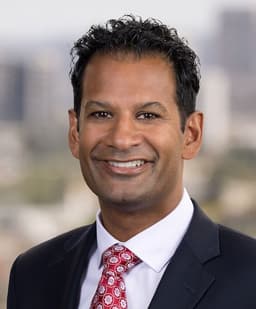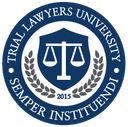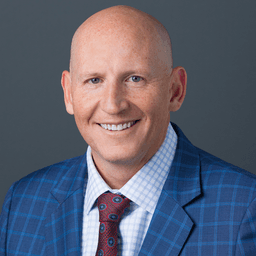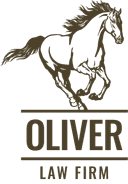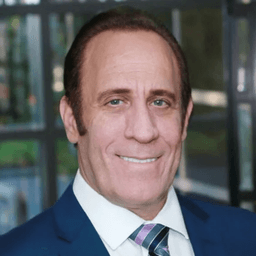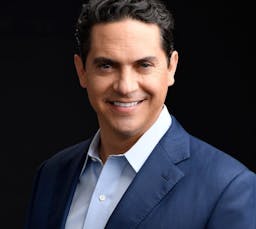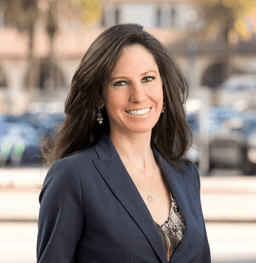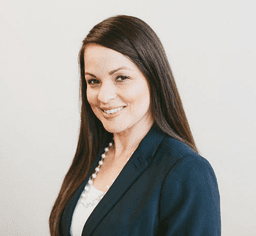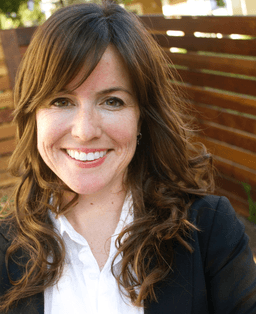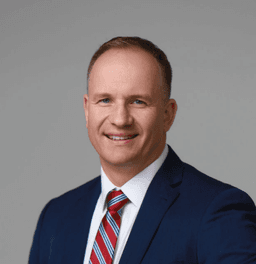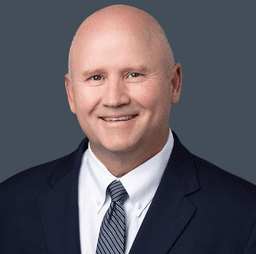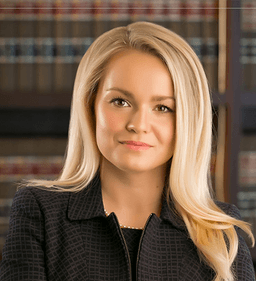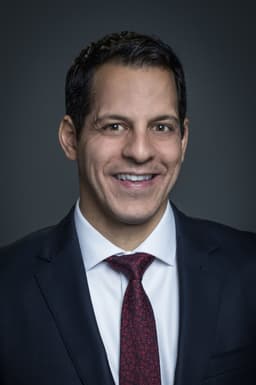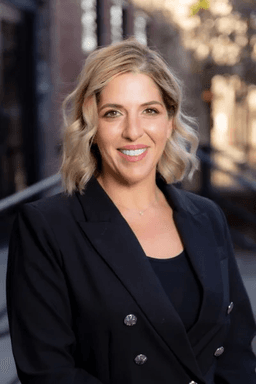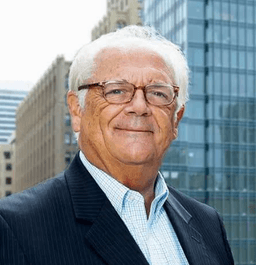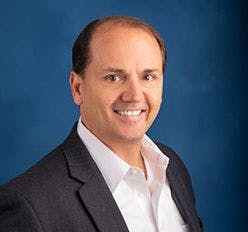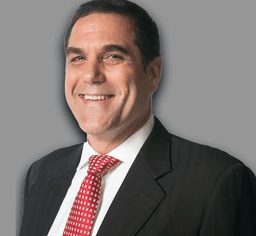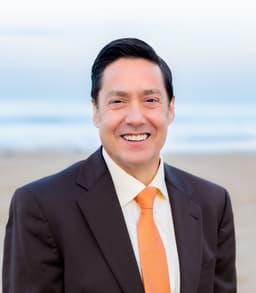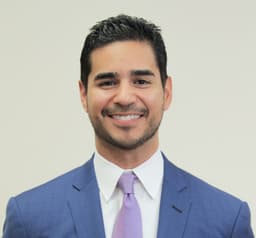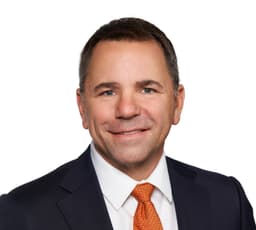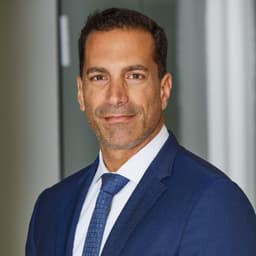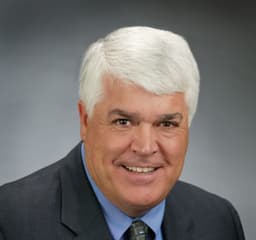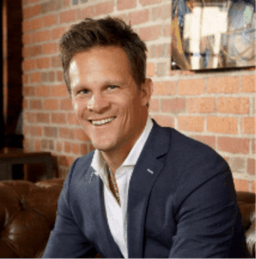Michael Hill
Michael Hill Trial Law
I was born in Flint, Michigan, and have always been drawn to the fight for justice. I attended Oberlin College before earning my law degree magna cum laude from Case Western Reserve University, where I was published multiple times in national peer-reviewed law journals. From the start of my career, I dedicated myself exclusively to representing victims of severe nursing home neglect and abuse, securing record-breaking verdicts, including the largest recorded verdict against a nursing home in Ohio history—$26 million. My work has led to numerous seven- and eight-figure trial victories, and I’ve set records for the highest verdicts in multiple counties.
I’ve been recognized as one of the Top 10 Nursing Home Abuse and Neglect Lawyers and named the Most Dedicated Nursing Home Prosecution Trial Attorney in the Midwest by AI Legal. Beyond the courtroom, I serve as faculty for Trial Lawyers University, lecturing across the country on trial strategy and case framing. I’m also an active member of the American Medical Directors Association (AMDA) and the Society for Post-Acute and Long-Term Care (PALTC)—as far as I know, the only attorney to be accepted into these medical organizations.
When I’m not in trial, I spend much of my time traveling—especially in Central and South America—or restoring classic cars. I live in Peninsula, Ohio, but my work has taken me nationwide, fighting to hold corporations accountable for the vulnerable lives entrusted to their care.
Finding the Value in Elder Abuse Cases: Maximizing Damages for the “Old, Sick, and Dying”
Lecture Description Soon to be Updated
TLU Live HB Agenda
Track 1
Breakfast
7:30am - 9:00am
Hosted by
- 9:00a


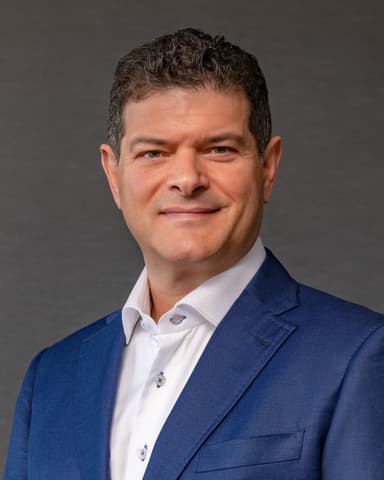 Sach Oliver · Joe Fried Winning the Most Common Tractor Trailer Case in America
Sach Oliver · Joe Fried Winning the Most Common Tractor Trailer Case in America Coffee & Snacks
Hosted by
- 10:15a


 Sach Oliver · Joe Fried Winning the Most Common Tractor Trailer Case in America
Sach Oliver · Joe Fried Winning the Most Common Tractor Trailer Case in America Coffee & Snacks
Hosted by
- 11:30a


 Sach Oliver · Joe Fried Winning the Most Common Tractor Trailer Case in America
Sach Oliver · Joe Fried Winning the Most Common Tractor Trailer Case in America Lunch
Sponsored by
- 2:00p

 Michael CowenGetting Big Justice in Big Rig Cases
Michael CowenGetting Big Justice in Big Rig Cases Coffee & Snacks
Hosted by
- 3:15p

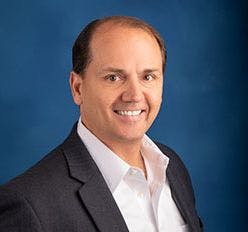 Joseph CamerlengoLecture
Joseph CamerlengoLecture Coffee & Snacks
Hosted by
- 4:30p


 Randall Sorrels · Dirk Vandever Lecture
Randall Sorrels · Dirk Vandever Lecture
Track 2
Breakfast
7:30am - 9:00am
Hosted by
- 9:00a

 Melissa Scartelli Charting the Path to Verdict: Strategic Decisions in Medical Negligence Trials
Melissa Scartelli Charting the Path to Verdict: Strategic Decisions in Medical Negligence Trials Coffee & Snacks
Hosted by
- 10:15a

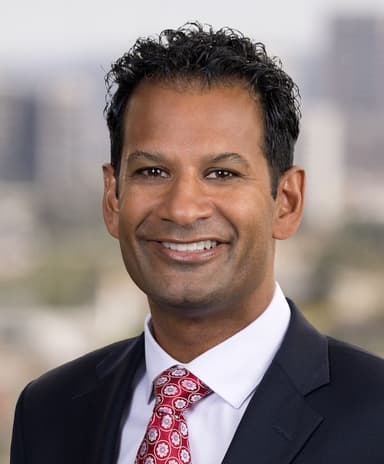 Rahul RavipudiLecture
Rahul RavipudiLecture Coffee & Snacks
Hosted by
- 11:30a

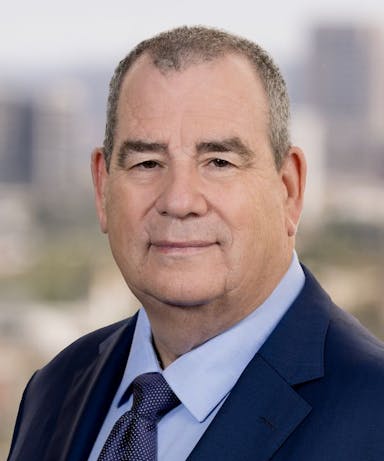 Brian PanishLecture
Brian PanishLecture Lunch
Sponsored by
- 2:00p


 Ben B. Rubinowitz · Michael Kelly Lecture
Ben B. Rubinowitz · Michael Kelly Lecture Coffee & Snacks
Hosted by
- 3:15p

 Kimball JonesLecture
Kimball JonesLecture Coffee & Snacks
Hosted by
- 4:30p


 Al Foeckler · Brett A. Eckstein Black Hat Justice Opening Statement
Al Foeckler · Brett A. Eckstein Black Hat Justice Opening Statement
Track 3
Breakfast
7:30am - 9:00am
Hosted by
- 9:00a

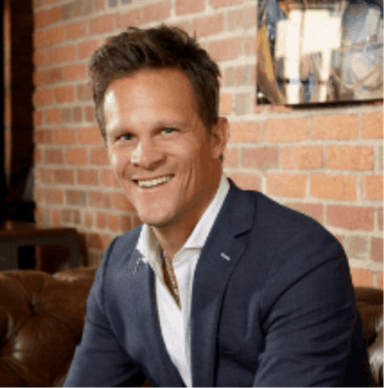 Kurt ZanerCreating Drama at Trial – how to tell a story in trial through dramatic theatrical techniques
Kurt ZanerCreating Drama at Trial – how to tell a story in trial through dramatic theatrical techniques Coffee & Snacks
Hosted by
- 10:15a

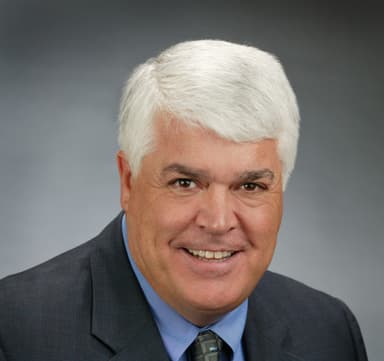 John RomanoTactical Storytelling During Cross-Examination of Defense Damages & Causation Experts
John RomanoTactical Storytelling During Cross-Examination of Defense Damages & Causation Experts Coffee & Snacks
Hosted by
- 11:30a

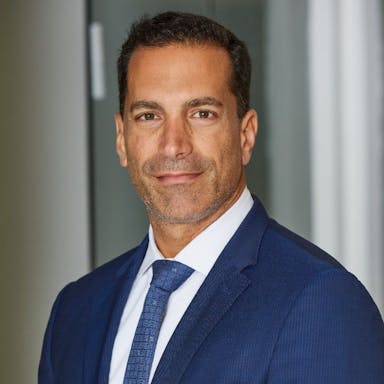 Sagi ShakedLecture
Sagi ShakedLecture Lunch
Sponsored by
- 2:00p

 Kurt ZanerWriting a Story – Win your case in a page and a half
Kurt ZanerWriting a Story – Win your case in a page and a half Coffee & Snacks
Hosted by
- 3:15p

 Edward CiarimboliFrom the Windshield to the Boardroom: How FedEx’s Camera Systems Prove Control, Knowledge and Responsibility
Edward CiarimboliFrom the Windshield to the Boardroom: How FedEx’s Camera Systems Prove Control, Knowledge and Responsibility Coffee & Snacks
Hosted by
- 4:30p

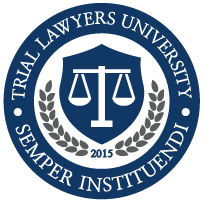 TLU ProfessorLecture
TLU ProfessorLecture
Track 4
Breakfast
7:30am - 9:00am
Hosted by
- 9:00a

 Andrew PickettLecture
Andrew PickettLecture Coffee & Snacks
Hosted by
- 10:15a

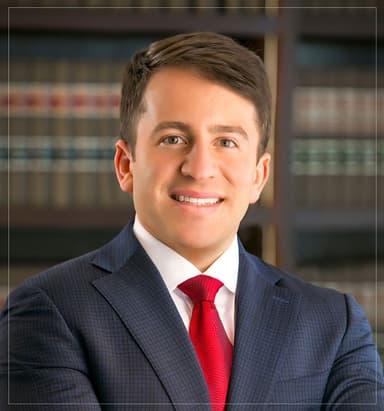
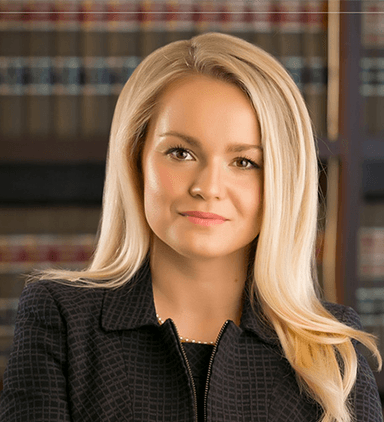 Andrew Robb · Brittany Sanders Robb Maximizing Recoverable Damages Before Trial: Framing Your Case for Actual Recoverability
Andrew Robb · Brittany Sanders Robb Maximizing Recoverable Damages Before Trial: Framing Your Case for Actual Recoverability Coffee & Snacks
Hosted by
- 11:30a

 Dan AmbroseWitness Prep & Direct Examination
Dan AmbroseWitness Prep & Direct Examination Lunch
Sponsored by
- 2:00p

 Patrick KangHow We Built An Eight-Figure Practice On Just Toxic Mold Litigation.
Patrick KangHow We Built An Eight-Figure Practice On Just Toxic Mold Litigation. Coffee & Snacks
Hosted by
- 3:15p

 Dan AmbroseCross Examination
Dan AmbroseCross Examination Coffee & Snacks
Hosted by
- 4:30p

 Eric CastelblancoSue Your Slumlord: The Ins and Outs of Habitability Law in CA
Eric CastelblancoSue Your Slumlord: The Ins and Outs of Habitability Law in CA
Track 5
Breakfast
7:30am - 9:00am
Hosted by
- 9:00a

 Orlando De CastroverdeHow To Get A 1.7m Verdict On A Neck Injection Case
Orlando De CastroverdeHow To Get A 1.7m Verdict On A Neck Injection Case Coffee & Snacks
Hosted by
- 10:15a

 George MoschopoulosLecture
George MoschopoulosLecture Coffee & Snacks
Hosted by
- 11:30a


 Al Foeckler · Brett A. Eckstein Black Hat Justice Verdict – A Deep-Dive into a $15 Million Verdict in an Extremely Conservative Venue
Al Foeckler · Brett A. Eckstein Black Hat Justice Verdict – A Deep-Dive into a $15 Million Verdict in an Extremely Conservative Venue Lunch
Sponsored by
- 2:00p

 Michael StephensonLecture
Michael StephensonLecture Coffee & Snacks
Hosted by
- 3:15p

 Alex IvanovLecture
Alex IvanovLecture Coffee & Snacks
Hosted by
- 4:30p

 Sarah HavensLecture
Sarah HavensLecture


